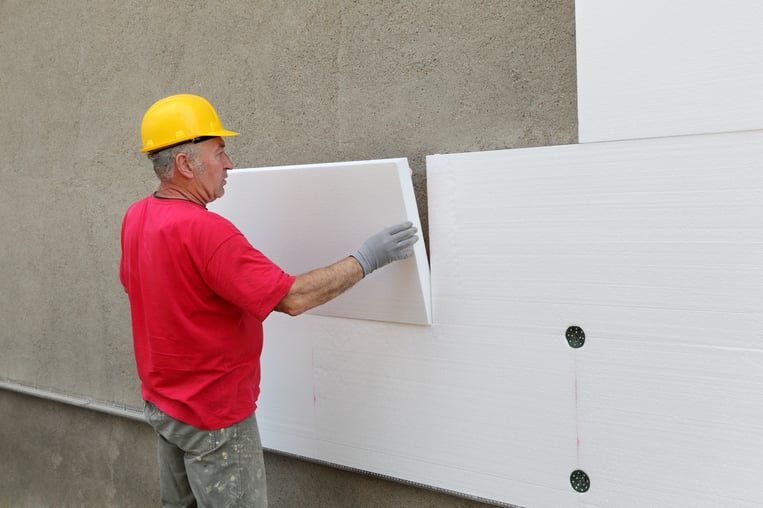What is EPS?
EPS stands for "expanded polystyrene" -- a versatile, lightweight rigid-foam plastic material that can be manufactured into a variety of products with endless design possibilities. Low thermal conductivity, high compressive strength and excellent shock absorption properties make EPS an ideal material for its broad application. Used thousands of different ways by individuals and businesses around the world, EPS is relied upon to provide superior performance in various foam product applications.
Often confused with “Styrofoam”, a trademarked extruded polystyrene foam made for insulation, EPS is processed into shapes or blocks using sophisticated technology and equipment.
Common Applications
Packaging: EPS offers high-performance protection properties, suitable for challenging transport packaging markets -- appliances, electronics, food, furniture and pharmaceuticals. With high compressive strength and shock absorption properties, manufacturers utilize EPS for the toughest packaging challenges to prevent or minimize product damage during transit.

Construction: Commonly used as insulation for walls, foundations, and roofing, EPS has many benefits for construction applications: long-term R value, strength, durability, lightweight and energy efficiency. EPS is a powerful design element and an ideal choice for green building design, offering tangible environmental advantages that can maximize energy efficiency, providing improved indoor environmental quality and enhancing durability.



